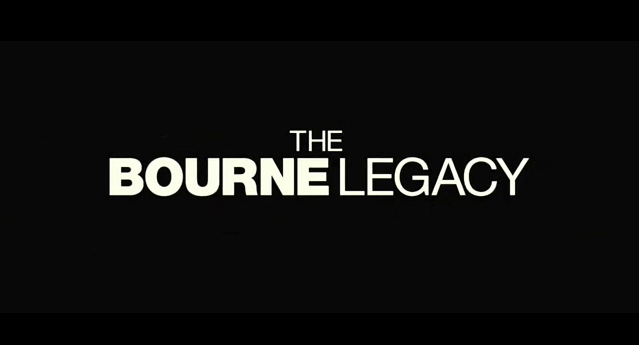Stark realism.
At last, I was able to squeeze in "Iron Man 3" into my otherwise busy schedule partly because I cannot take the attention-whoring spoilers on social media anymore and also because, well, who wouldn't? Iron Man is, after all, our most beloved Avenger. He is the coolest billionaire on film outside Bruce Wayne. Hell, the film's about an egotistically charismatic guy in a robot suit. Who wouldn't find time for that?
Unlike "Iron Man 2" which is quite unsure if whether it really wants to be an action-packed comedy or a brooding drama, "Iron Man 3", directed by Shane "I am Hawkins from Predator" Black, is a whole new monster. For me, this marks the first time that an Iron Man installment really feels more like a Tony Stark movie, and for good reason.
The plot, although the usual science fiction/quasi-political mix, feels more fun than it has any right to be simply because the film is effective in being half-serious and half-camp. In this regard, we must give proper credit to Mr. Black, whose experience in character and chemistry-driven action movies (the "Lethal Weapon" franchise) has benefitted the film a hundredfold, not to mention that he has already directed Downey Jr. in the brilliant crime-comedy "Kiss Kiss Bang Bang" alongside Val Kilmer. In short, "Iron Man 3", despite its unsurprising abundance of visual effects, feels a whole lot more grounded because we see a lot more of Tony Stark outside that pesky armor. This time, we don't see Stark as a mere alter-ego but as a believable action hero who just happens to own a robot suit or two. For all I care, the film could have easily been entitled "Tony Stark" and it will still appeal to the audience. This aspect is what makes "Iron Man 3" quite an innovation, execution-wise. We see Tony run around a lot like a bearded Sam Witwicky, wield service pistols and neutralize enemies with make-shift weapons, and it entertains because his trademark, all too human wit is admittedly at a better high when he's not suited up.
For some, seeing Stark more often without the armor suit lessens the essence of what the film promises to be, but for me, it has even made the film a whole lot better. Well, of course, there's that big 'Iron Men' scene at the film's climax, but aside from that, there really isn't much time to bask on Iron Man's individual awesomeness. After all, this is a pained Tony Stark we're dealing with here both emotionally and physically, so seeing him all rusty and desperate, without much time to go all CGI Fonzie inside the suit, just fits the film's overall tone.
The performances, on the other hand, are quite great by superhero movie standards. Robert Downey Jr., after being the evident scene-stealer in "The Avengers", has once again proved that, well, he is currently the 'King of Cool' by giving what might be his best Tony Stark performance to date. Guy Pearce was also quite outstanding in his role as the villainous Aldrich Killian, whose performance mirrors that of Kevin Bacon's in "X-Men: First Class". But the real spark plug of a revelation here is Ben Kingsley, who's just, well, 'deceptive' in his portrayal of the Mandarin. Take my word for it: I think he's perhaps the biggest surprise of the year so far, and that's both a compliment and a slight dig.
Admittedly, "Iron Man 3's" trailers are really the most misleading things to come out for quite a while. At the time of the teaser materials' release, some have even speculated that Marvel, perhaps after seeing the success of "The Dark Knight" trilogy, has also finally decided to go all 'Nolan' on this installment. Instead, what the film has done was take just the right amount of insightful character psychology, throw it in with the staple explosiveness and fun that make Marvel films such a joy to watch, and mix well. The crucial part, naturally, is on the mixing. Unlike blockbuster filmmakers like Michael Bay and whoever made the G.I. Joe films, Shane Black has this certain, '80s 'buddy cop' feel in his directorial style which lifts "Iron Man 3" on a league of its own. I also loved how he used some narration (by Tony Stark) to tell the story on a more personal level, as opposed to the passive narrative technique of the previous two films. "Iron Man 3", despite its flaws and slight unevenness, has nonetheless hit the right notes. Off to a great start, Marvel's Phase 2 seems to be.
FINAL RATING























